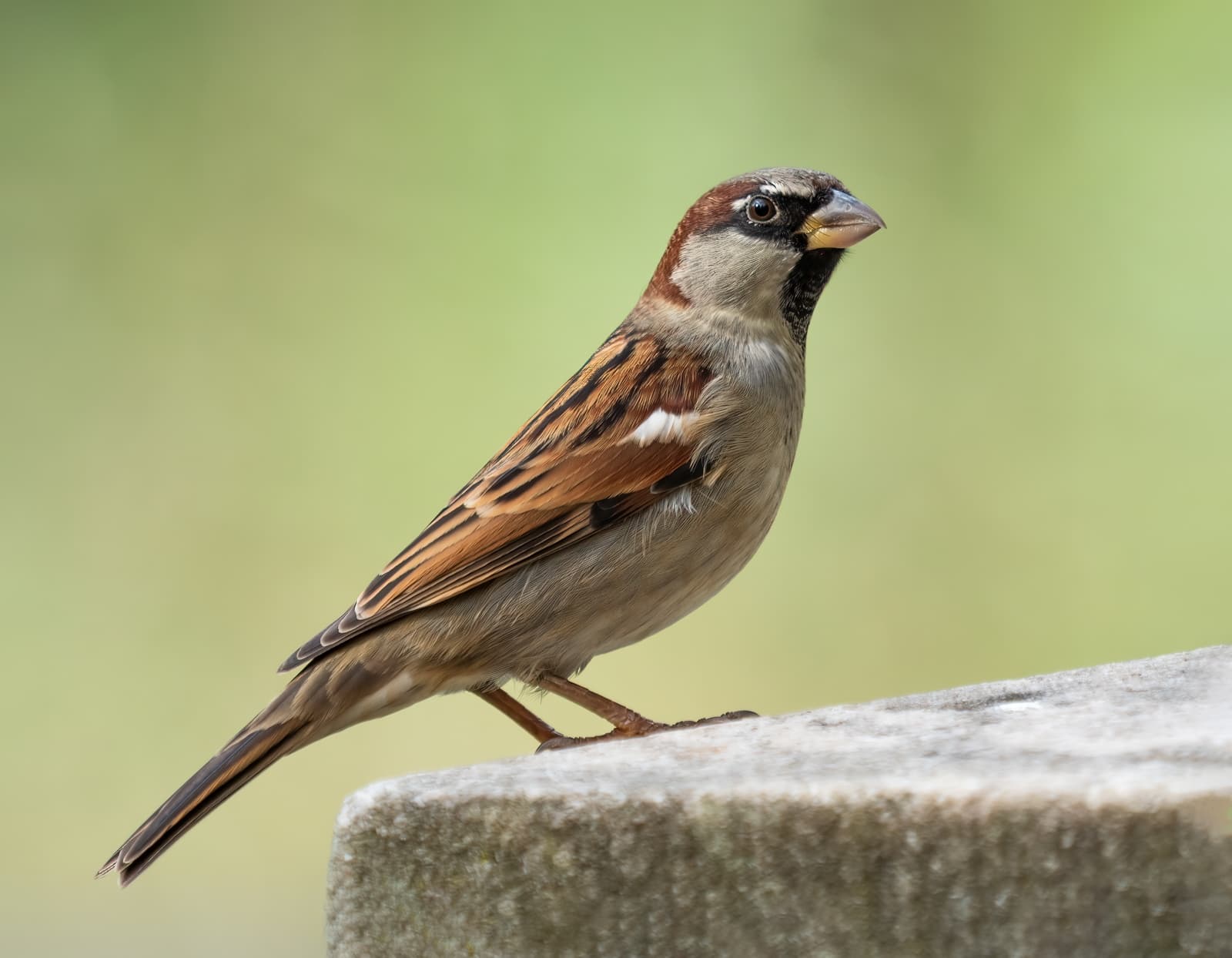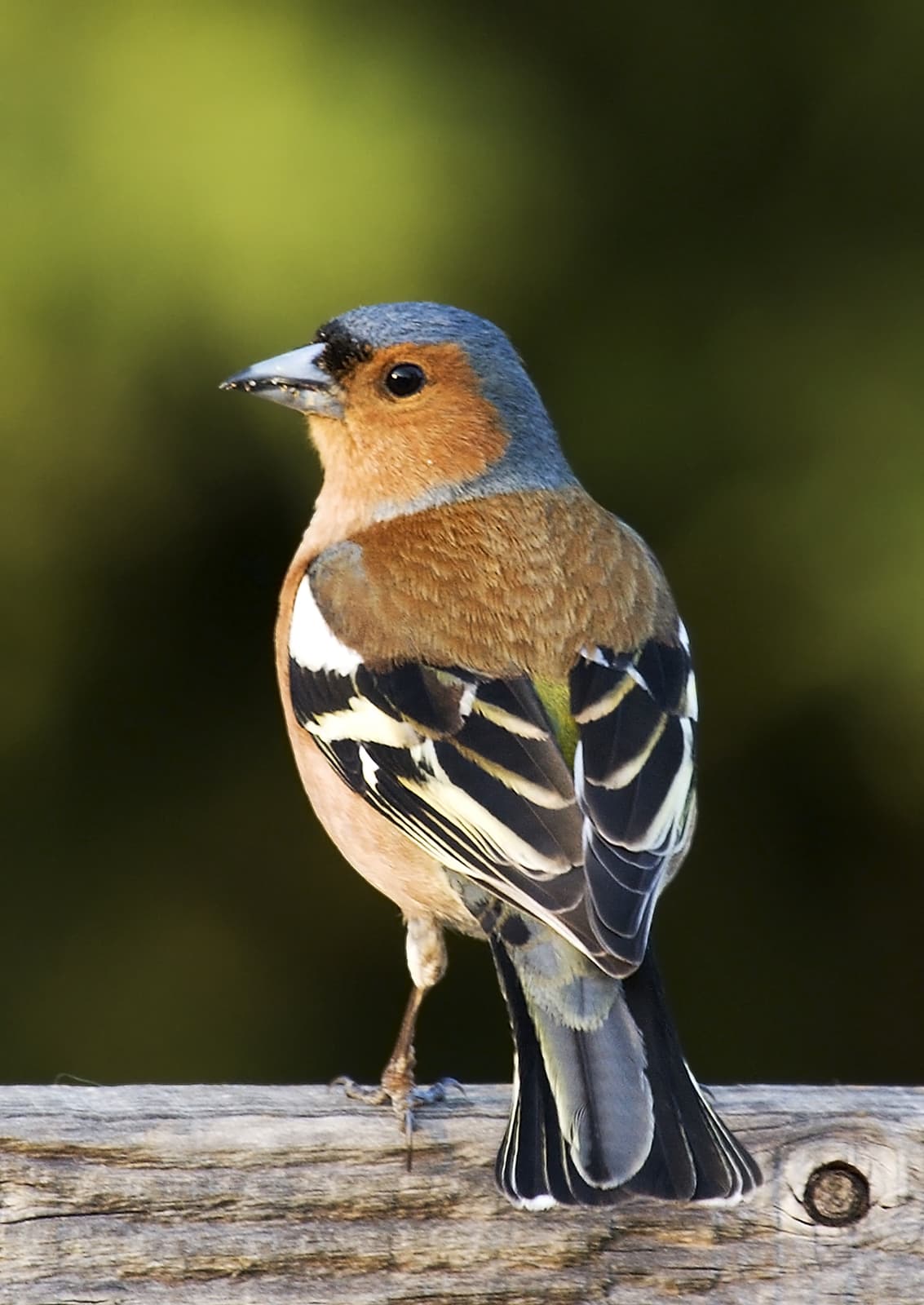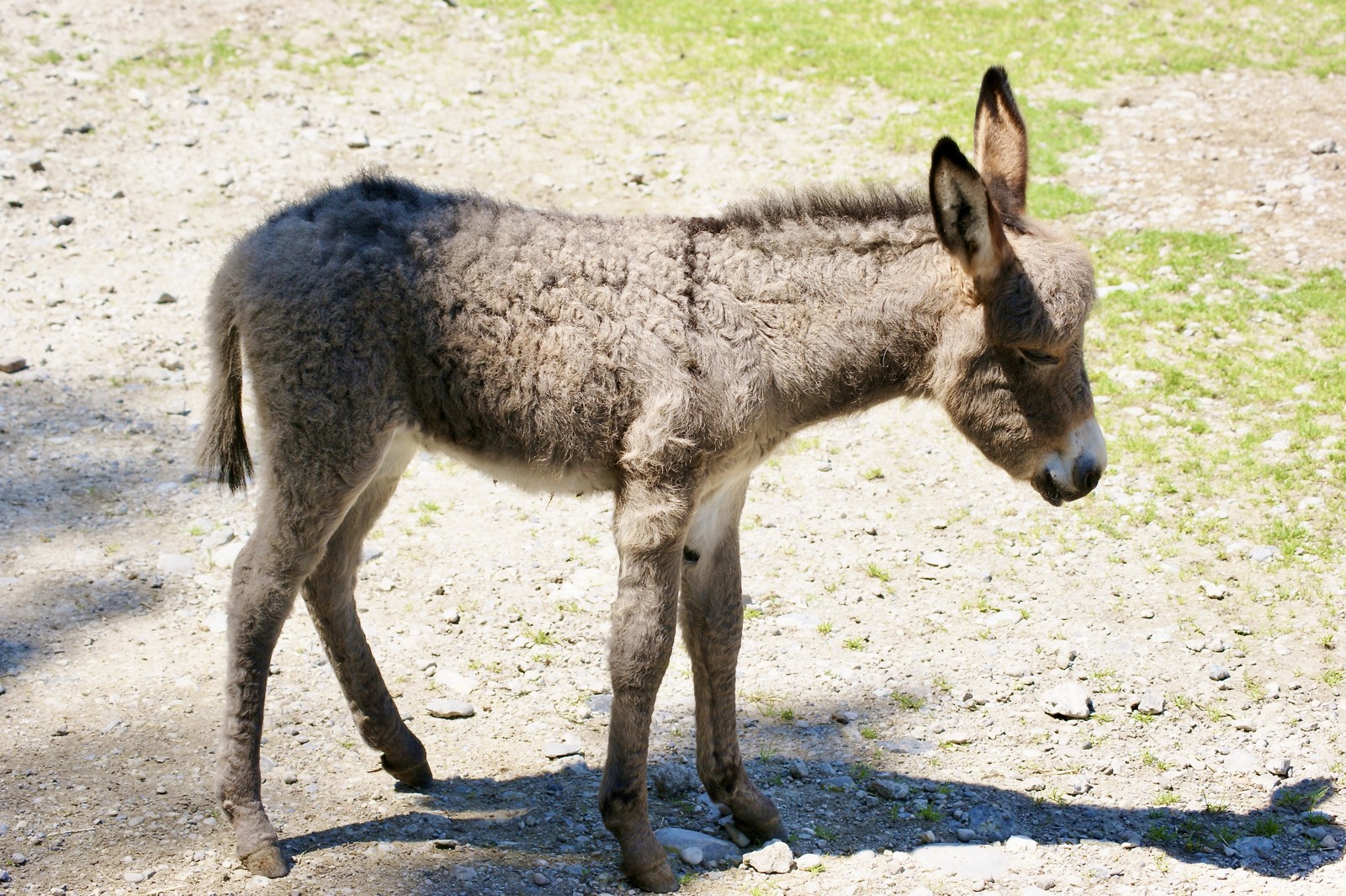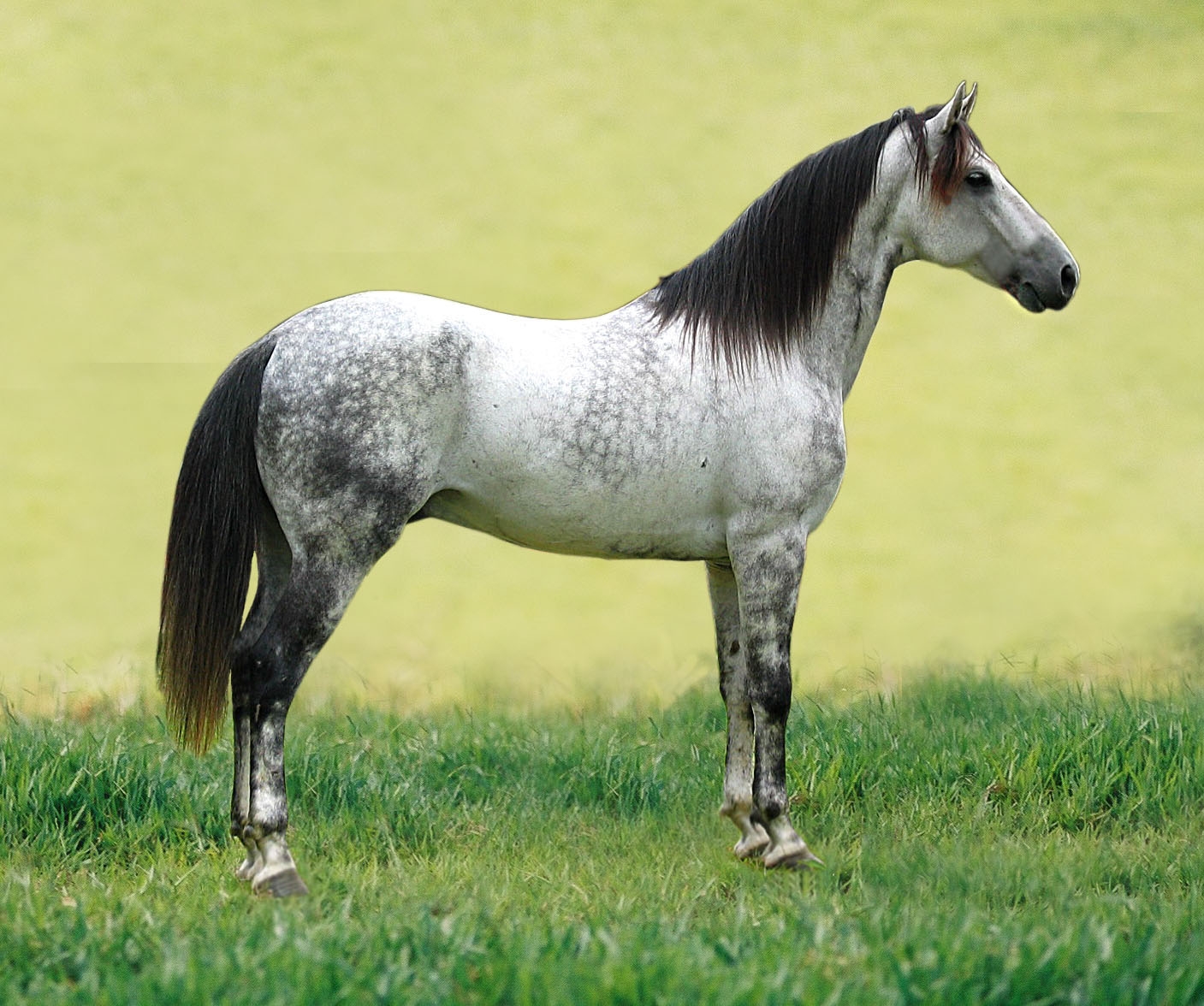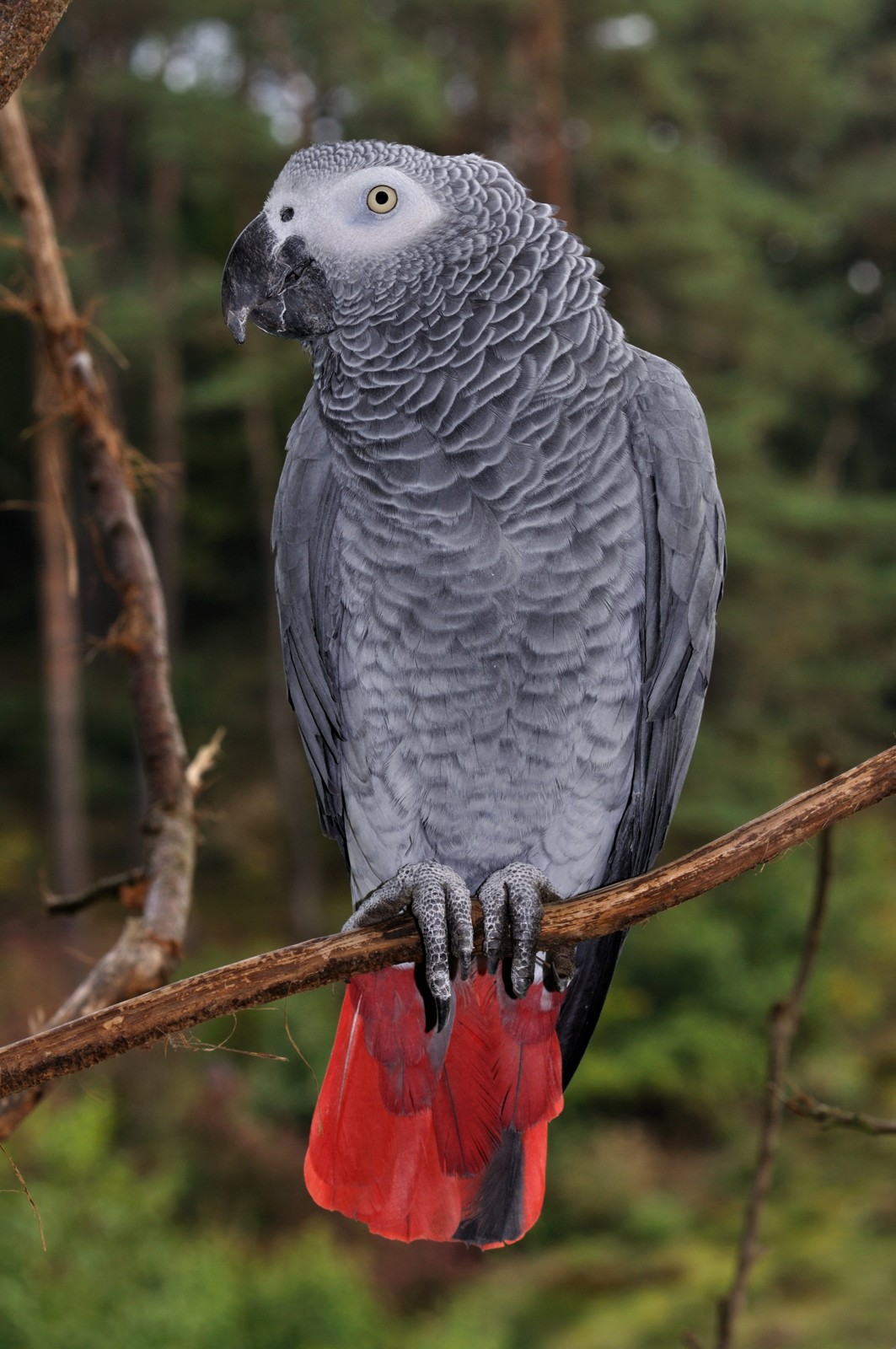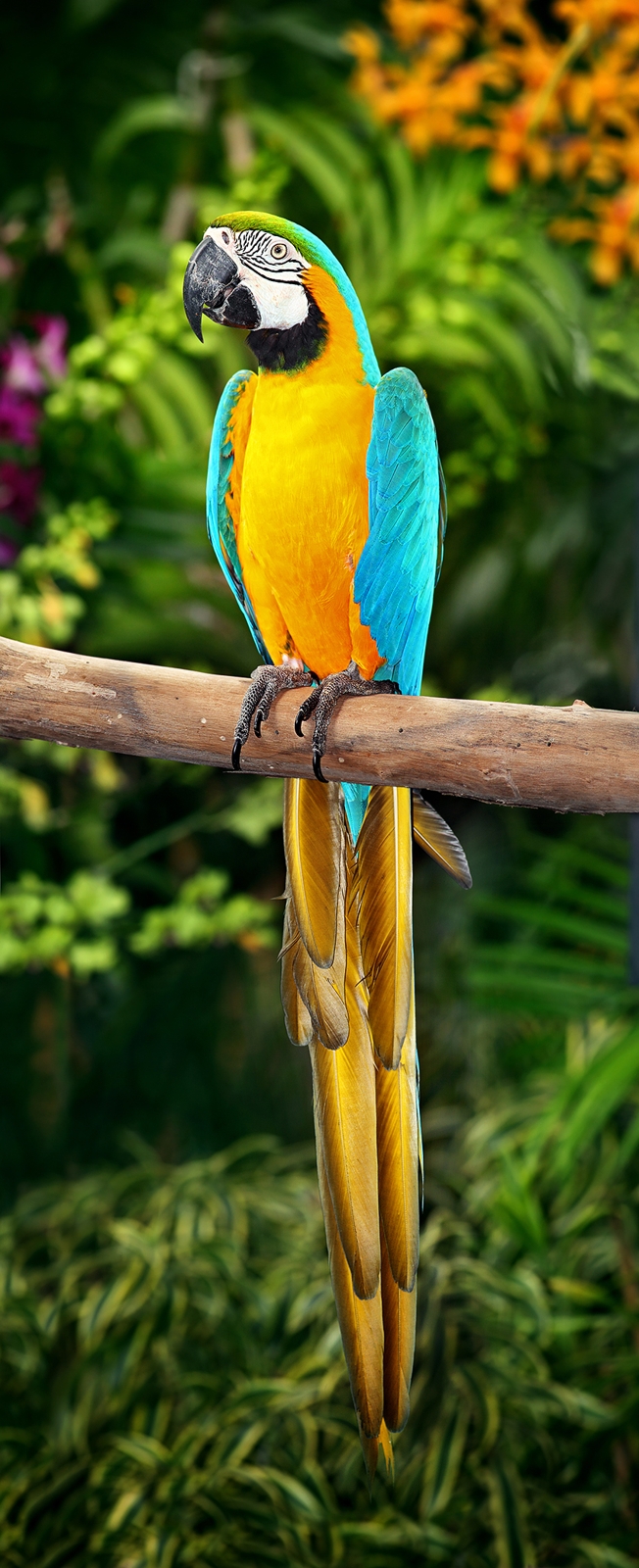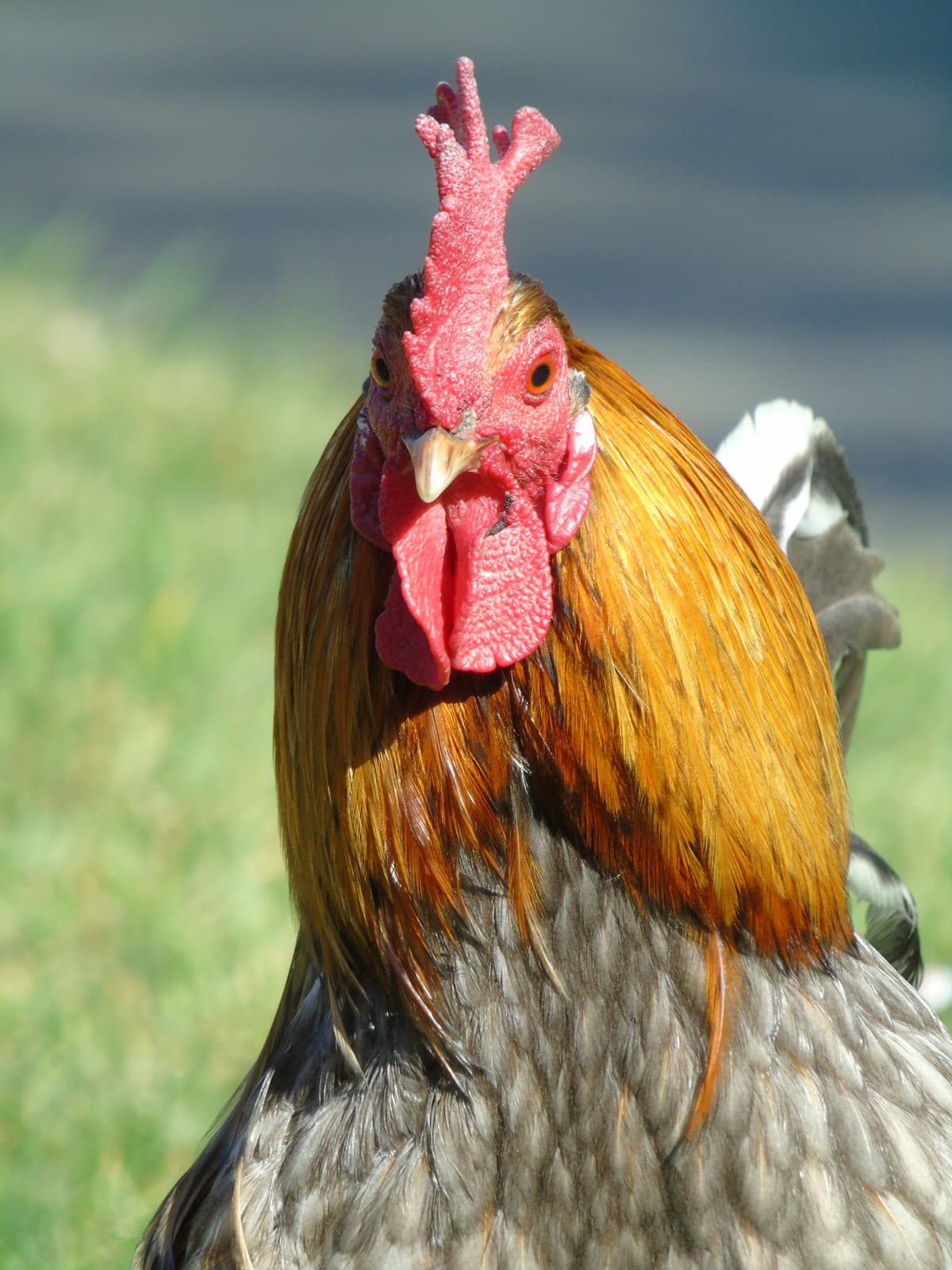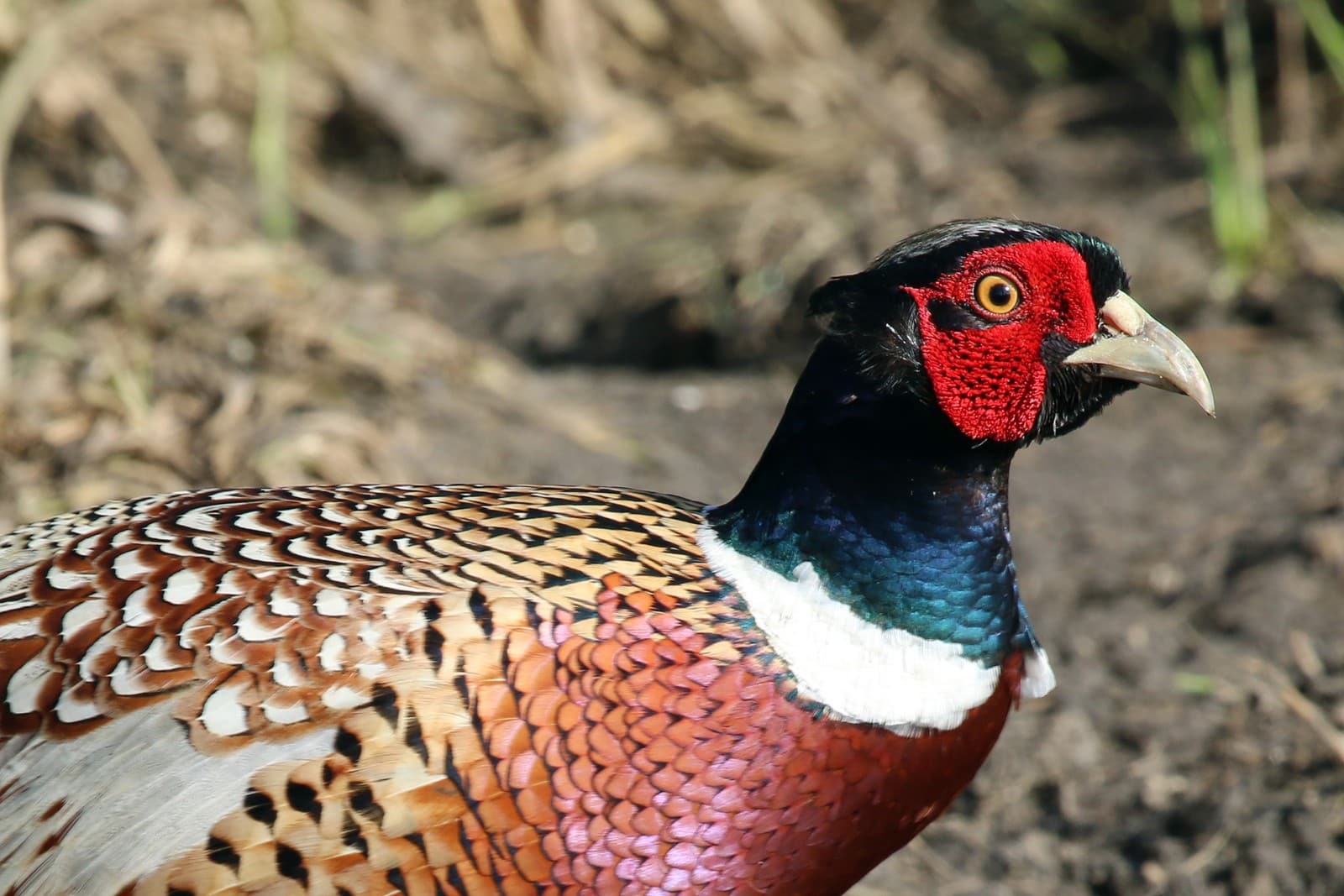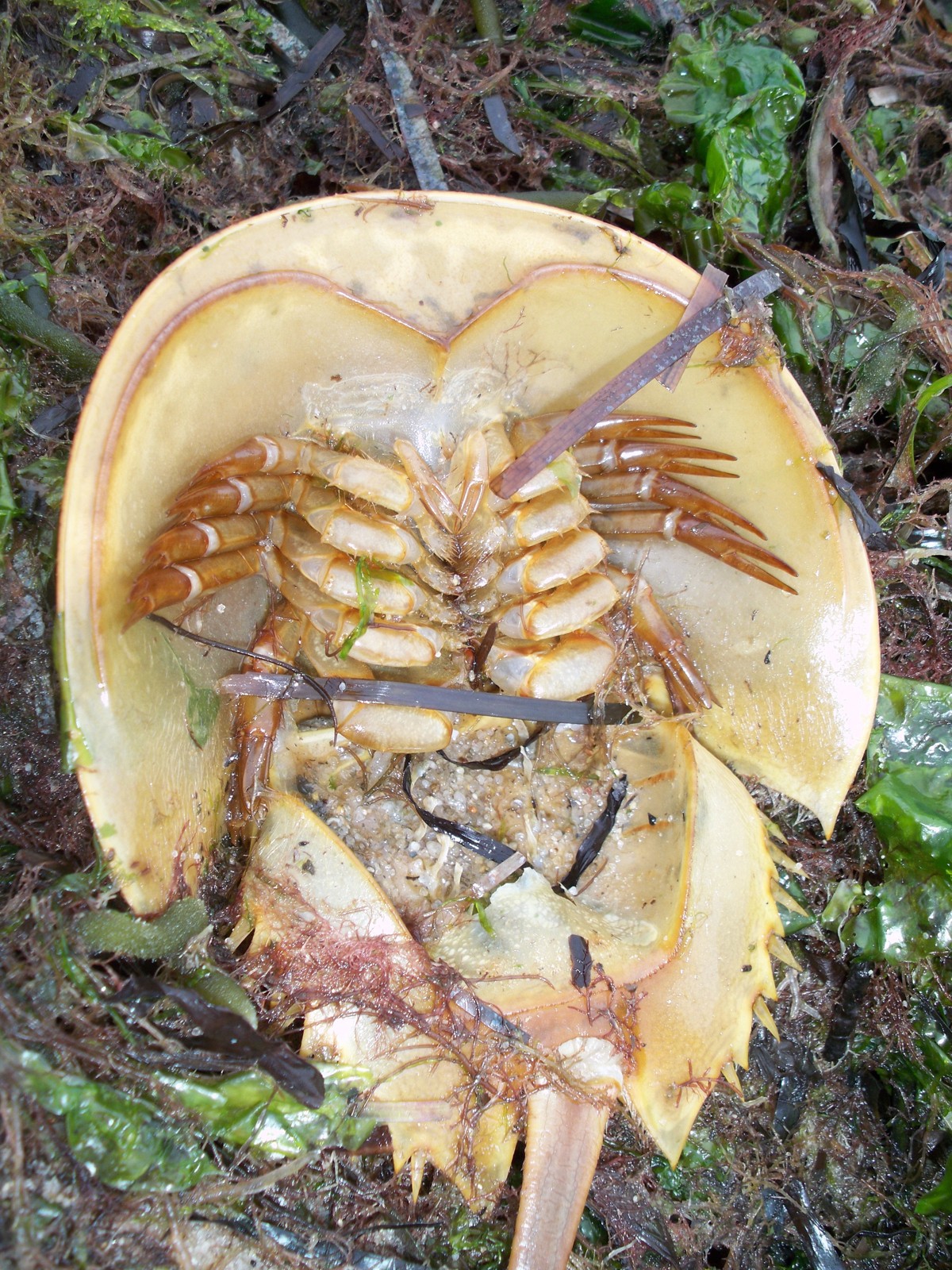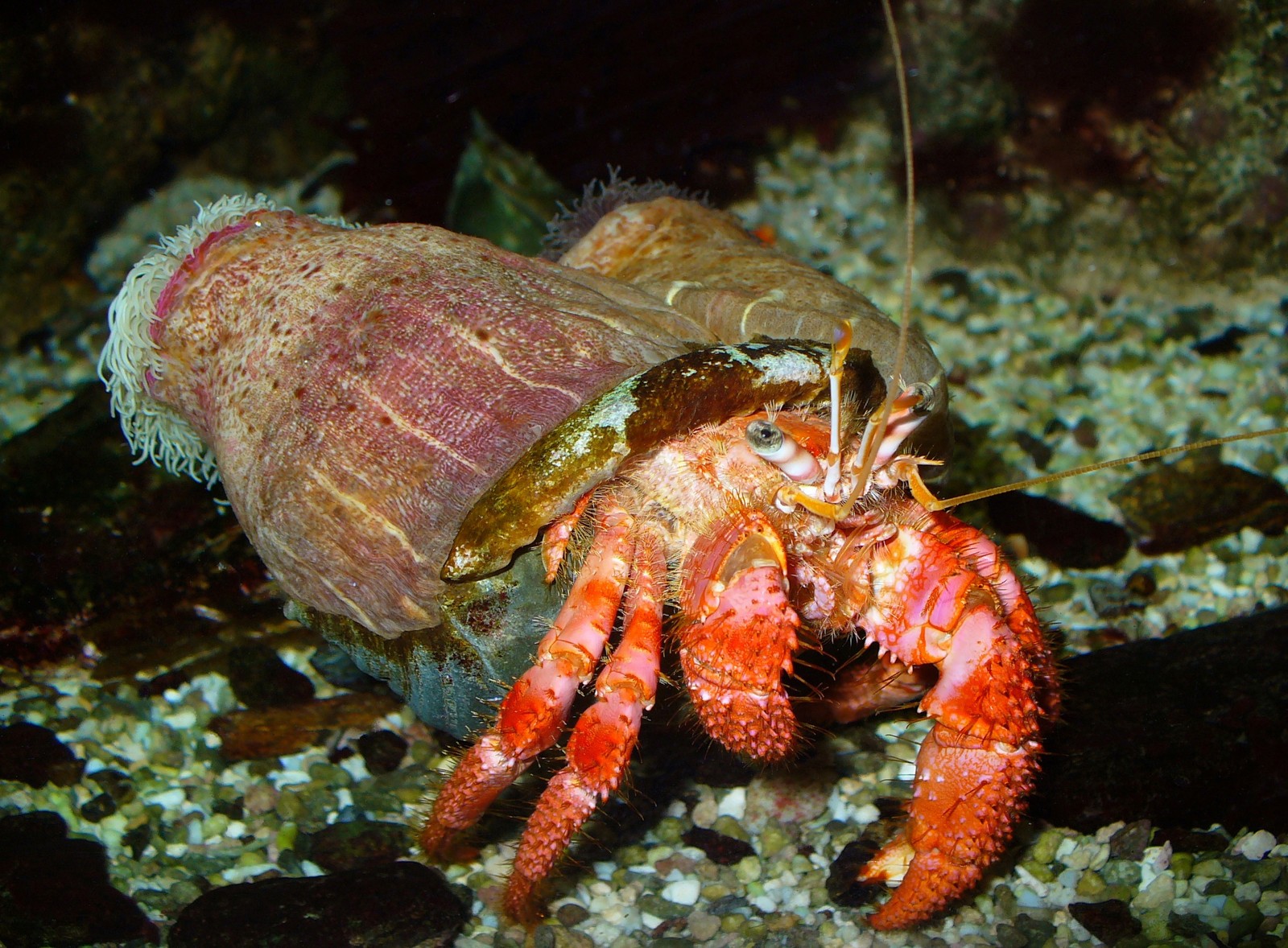Finch vs Canary: Key Differences in Size, Song & Care (Complete Guide)
When comparing finches vs canaries, it’s important to note that while canaries are actually a type of finch, they have distinct characteristics that set them apart. Canaries typically measure 5-6 inches (13-15 cm) in length, while other finch species range from 3-7 inches (7.6-17.8 cm). The most striking difference lies in their vocal abilities – canaries are renowned for their melodious songs, which can last up to 20 minutes, while most finches produce shorter, simpler calls.
These beloved cage birds share common ancestry but have evolved different traits through selective breeding. Canaries have been specifically bred for their singing abilities and distinctive yellow coloration, while finch species maintain more diverse natural colorations and patterns. Understanding these differences is crucial for potential pet owners deciding between these popular avian companions.
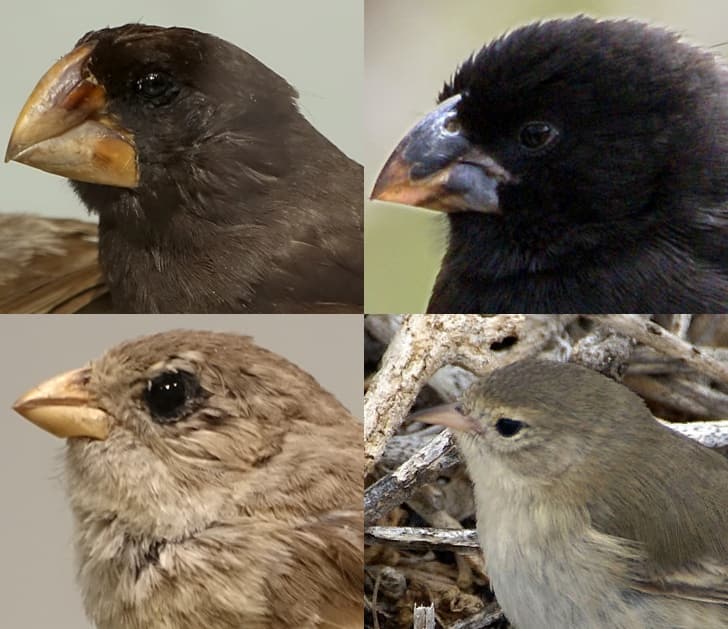
© Collage by Kiwi Rex / CC BY-SA 4.0
The remarkable diversity of finch species is exemplified in their varied beak shapes and sizes, which evolved to suit different feeding strategies. These adaptations made finches famous in Darwin’s theory of evolution.
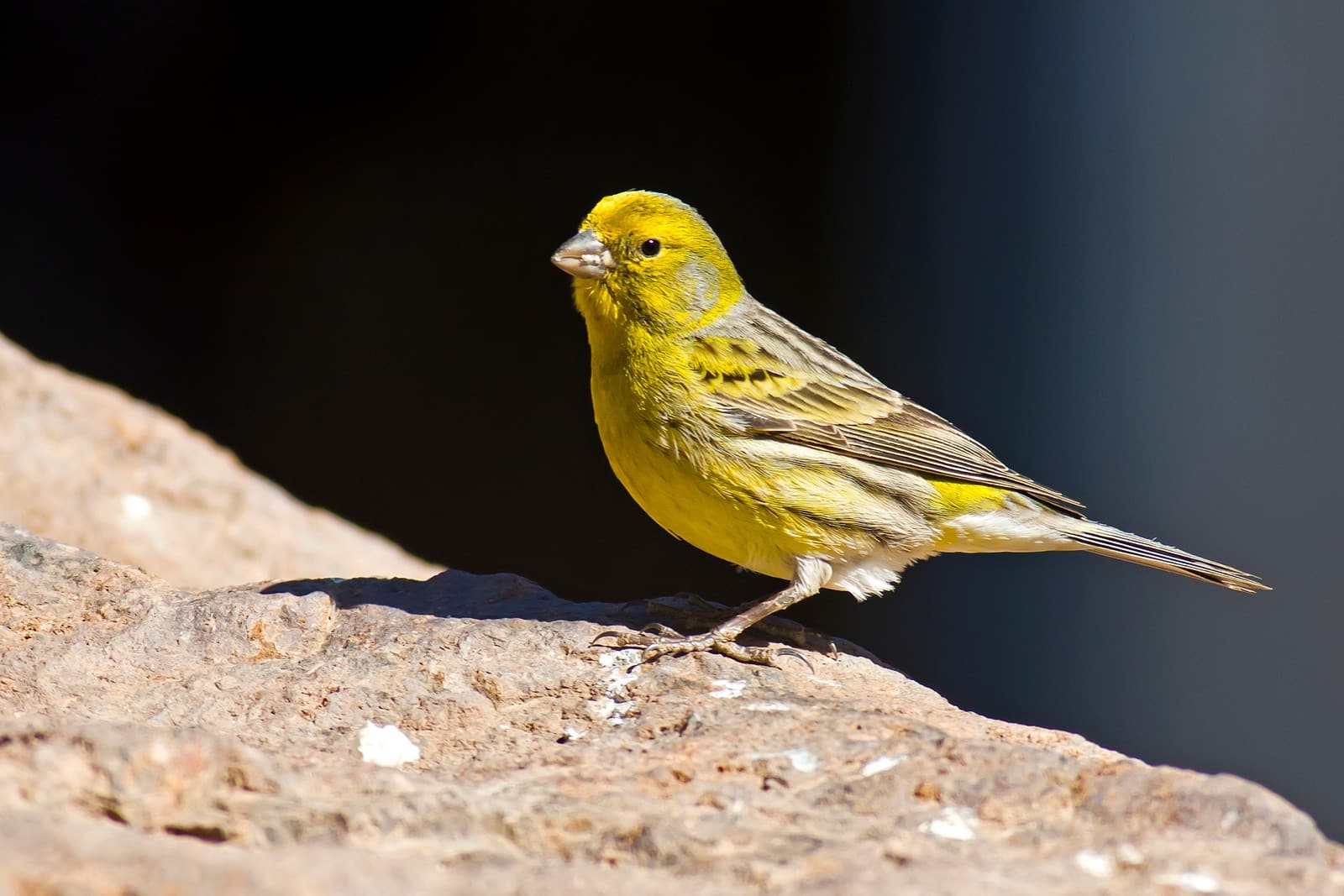
© Juan Emilio / CC BY-SA 2.0
The domestic canary showcases the classic yellow coloration that made these birds famous, though they can appear in various colors through selective breeding. Their compact size and alert posture are typical characteristics of these beloved songbirds.
Key Differences Between Finches and Canaries
| Feature | Finch | Canary |
|---|---|---|
| Size | 3-7 inches (7.6-17.8 cm) | 5-6 inches (13-15 cm) |
| Lifespan | 5-10 years | 10-15 years |
| Song Quality | Short, simple calls | Complex, melodious songs |
| Color Variations | Multiple natural colors | Primarily yellow, with bred variations |
| Care Level | Moderate | More demanding |
| Price Range | $10-30 | $50-150 |
Song Comparison: Finch vs Canary
Canaries are celebrated for their exceptional singing abilities, producing complex melodies that can span several minutes. Male canaries are particularly noted for their singing prowess, which intensifies during breeding season. In contrast, finches produce shorter, chirping sounds and brief trills that, while pleasant, don’t match the musical complexity of canary songs.
Housing and Care Requirements
Space Requirements
- Finches: Minimum cage size 18x18x18 inches (46x46x46 cm)
- Canaries: Minimum cage size 24x24x24 inches (61x61x61 cm)
Both species thrive in larger enclosures that allow for flight and exercise. Finches are more social and should be kept in pairs or small groups, while canaries can be housed individually, especially male singers.
Temperament and Social Behavior
Finches typically display more social behavior and often prefer company of their own kind. They’re generally more active and energetic, engaging in frequent interaction with cage mates. Canaries, particularly males, can be more territorial and are often kept individually to preserve their singing abilities.
Health and Lifespan Differences
Canaries generally enjoy longer lifespans, averaging 10-15 years with proper care, compared to the 5-10 year lifespan of most finch species. Both birds require similar basic healthcare, including:
- Regular veterinary check-ups
- Balanced diet rich in seeds and fresh vegetables
- Clean, fresh water daily
- Protection from drafts and temperature extremes
Which Makes a Better Pet?
The choice between a finch and canary depends on your specific interests:
Choose a Canary if you:
- Prioritize melodious singing
- Prefer caring for a single bird
- Can provide more specialized care
- Have a larger budget for initial purchase
Choose a Finch if you:
- Want to keep multiple birds
- Prefer watching active social interactions
- Are new to bird keeping
- Have a more limited budget
Breeding and Reproduction
While both species can be bred in captivity, their breeding behaviors differ significantly:
- Finches typically lay 4-6 eggs per clutch
- Canaries usually lay 3-5 eggs
- Finch eggs hatch in about 14 days
- Canary eggs take 13-14 days to hatch
- Both species reach maturity at 6-8 months
Diet and Nutrition Requirements
Both birds require a balanced diet, but their specific needs vary:
Finch Diet:
- Various seed mixtures
- Fresh greens
- Protein supplements during breeding
- Calcium sources
Canary Diet:
- Specialized canary seed mix
- Color-enhancing foods
- Fresh fruits and vegetables
- Additional supplements for singing males
Conclusion: Making Your Choice
When deciding between a finch vs canary, consider your experience level, available time for care, and primary interests in bird keeping. Finches offer engaging social interactions and are generally easier to maintain, while canaries provide superior singing abilities and can form strong bonds with their caregivers. Both make excellent pets when their specific needs are met, but they cater to different preferences and lifestyle requirements.

